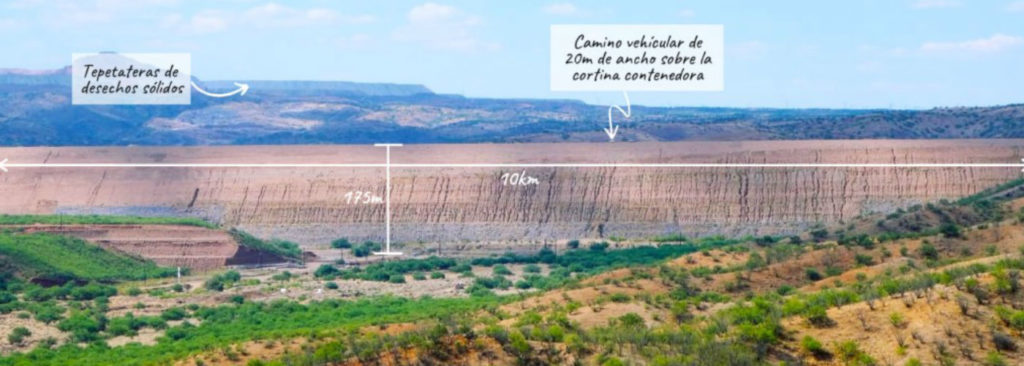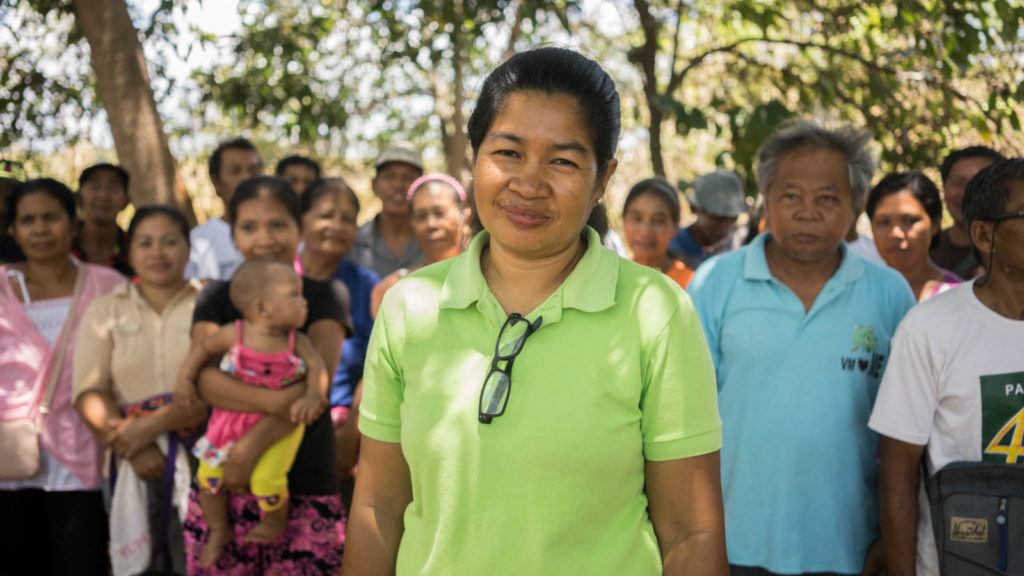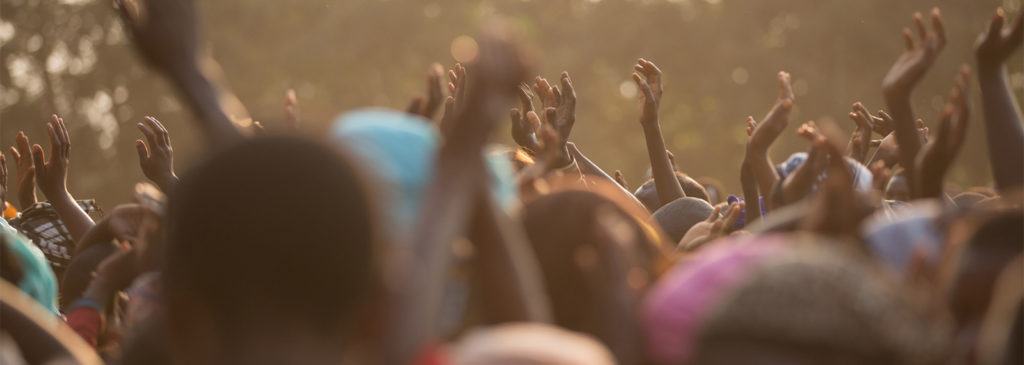Governments across the world are responding to the Covid-19 crisis. But are they doing so effectively and accountably? To answer this question, we rely on data-driven investigative journalists to inform us. However, collecting data to report on governments’ responses has been a challenge in many countries. Access to information rights have been limited or suspended. In some cases, governments have moved to restrict journalists’ right to report on the corona crisis itself, under threat of prosecution.
Hivos’ Open Up Contracting program organized a webinar with journalists from the Philippines, Kenya, and Mexico to find out how they have been affected by the pandemic.
Access to information is becoming more limited
The Philippines
“Many agencies have had to stop their Freedom of Information (FoI) operations in the Philippines, making public access to information one of the first casualties,” says journalist Karol Ilagan from the Philippines Center for Investigative Journalism (PCIJ). “At the same time, the pandemic hasn’t stopped the general flow of information now that everyone has moved online. But being more restricted in your movement also means journalists have to rely on ‘official’ information more.”
The Philippines is one of many countries where emergency laws were introduced during the first weeks of the pandemic, giving president Duterte and his government the power to penalize journalists for spreading “misinformation.” In reality, these kinds of laws are also used around the world to clamp down on the press.
Mexico
Journalists in Mexico still attend daily press conferences by the government. While the Mexican government hasn’t used emergency laws to muzzle the free press, it is using this setting to silence unwelcome voices. “Journalists who don’t align with the government are shamed. When they ask questions the government doesn’t want to answer, they are bullied for asking,” says Claudia Ocaranza, working for PODER in Mexico.
Journalists who don’t align with the government are shamed.
Ocaranza also sees access to information becoming more limited in her country. “Since the start of the Covid-crisis, we’ve seen that only one of two platforms where the government normally posts public contracts is working.”
Kenya
Purity Mukami, journalist at Africa Uncensored, sees a similar trend in Kenya. “The Kenyan government is supposed to share information on support packages in a portal on their website. Like who can benefit from support packages and who cannot, who is eligible and who is not. But the portal isn’t up to date. That’s something we, as journalists, have tried to figure out. But the available data is also incomplete, or missing, making it challenging to create a dataset.”
Access can also be limited in other ways. After the country announced strict curfews during its lockdown, police brutality spiked. The curfews also made it more difficult and dangerous to move around as a journalist. Additionally, with 80 percent of the population working in the informal economy, the whole idea of a lockdown posed a major dilemma. What do you do when you have no choice and can’t work from home?
Economic woes
The economic collapse in many countries following the pandemic has had a major impact on media organizations as well. “Almost half of community newspapers have closed down in the Philippines,” says Ilagan, citing estimates from the Philippine Press Institute. “They just have no way to support their operations. This is worrying, as it’s not a government that silences journalists, but the economic problems that stop the journalists from reporting the news at a time when people need to be informed.”
Collaboration is key
The research and reporting of all three organizations is now mostly related to the pandemic. PCIJ normally plans their investigations in advance, Ilagan explains, but the pandemic meant they had to shift focus. “Covid-19 now is the social problem that we’re all experiencing in one way or another (ed. see PCIJ’s story on the Philippines prison system).”
To highlight these different experiences, PCIJ collaborates “not just with other journalists, but also with people in academia, experts, and others. This is a time when we need each other,” says Ilagan. Mukami agrees. “It’s important to think outside your own network to tell the story about people behind the data. For example, when we were writing a story on the availability of ICU beds in Kenya, we collaborated with a variety of people with medical backgrounds.”
Claudia Ocaranza echoes the importance of cross-field collaboration. PODER is part of the regional Latin American media network Red-PALTA. The network monitors the uses of public money, identifies patterns of bad practices in governments and uses technology to analyze big data and reveal cases of national and international corruption (ed. read how 7 Latin American countries are publishing data about the contracting process).
PODER has been using new reporting formats during the pandemic. Online twitter campaigns are one way they’re reaching people with their work. Their latest Twitter campaign (using the hashtag #EmpresasConTache) focused on the infringement of workers’ rights. “Workers’ rights have been under pressure during the corona crisis. Companies have taken advantage of the crisis to lay off people or lower their salaries without any grounds.”
Investigative journalism and open contracting
PCIJ, Africa Uncensored, and PODER all work with Hivos’ Open Up Contracting program. The program works to make public procurement processes more fair, efficient and accountable. Journalists play a crucial part in this. They inform people and provide evidence when there are accountability failures. The evidence can be taken up by other actors, which in turn can result in meaningful sanctions, redress and reform.
All quotes above are from the Hivos-led webinar on data-driven journalism in a pandemic. If you want to listen to the entire proceeding, watch the video below.




